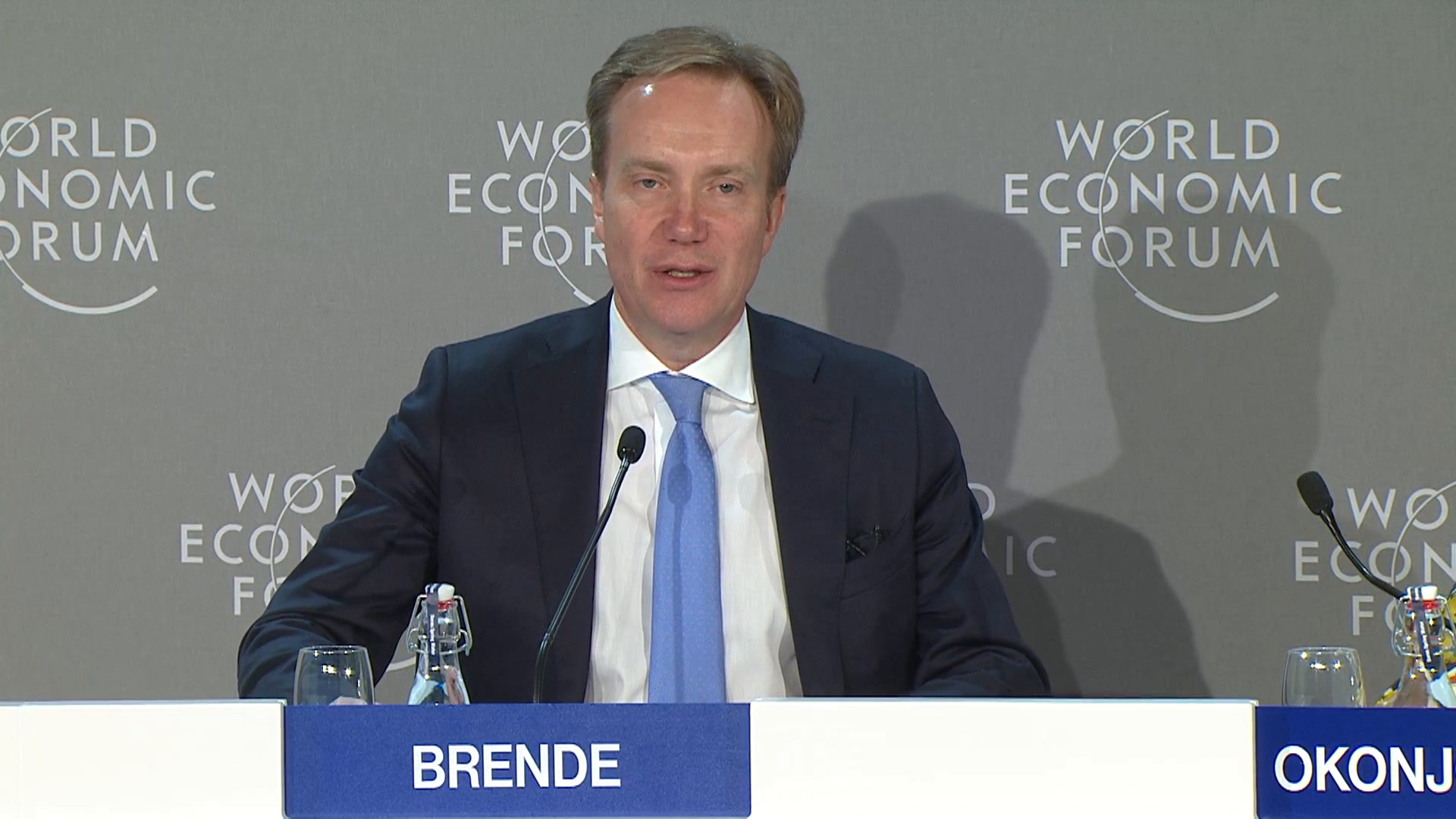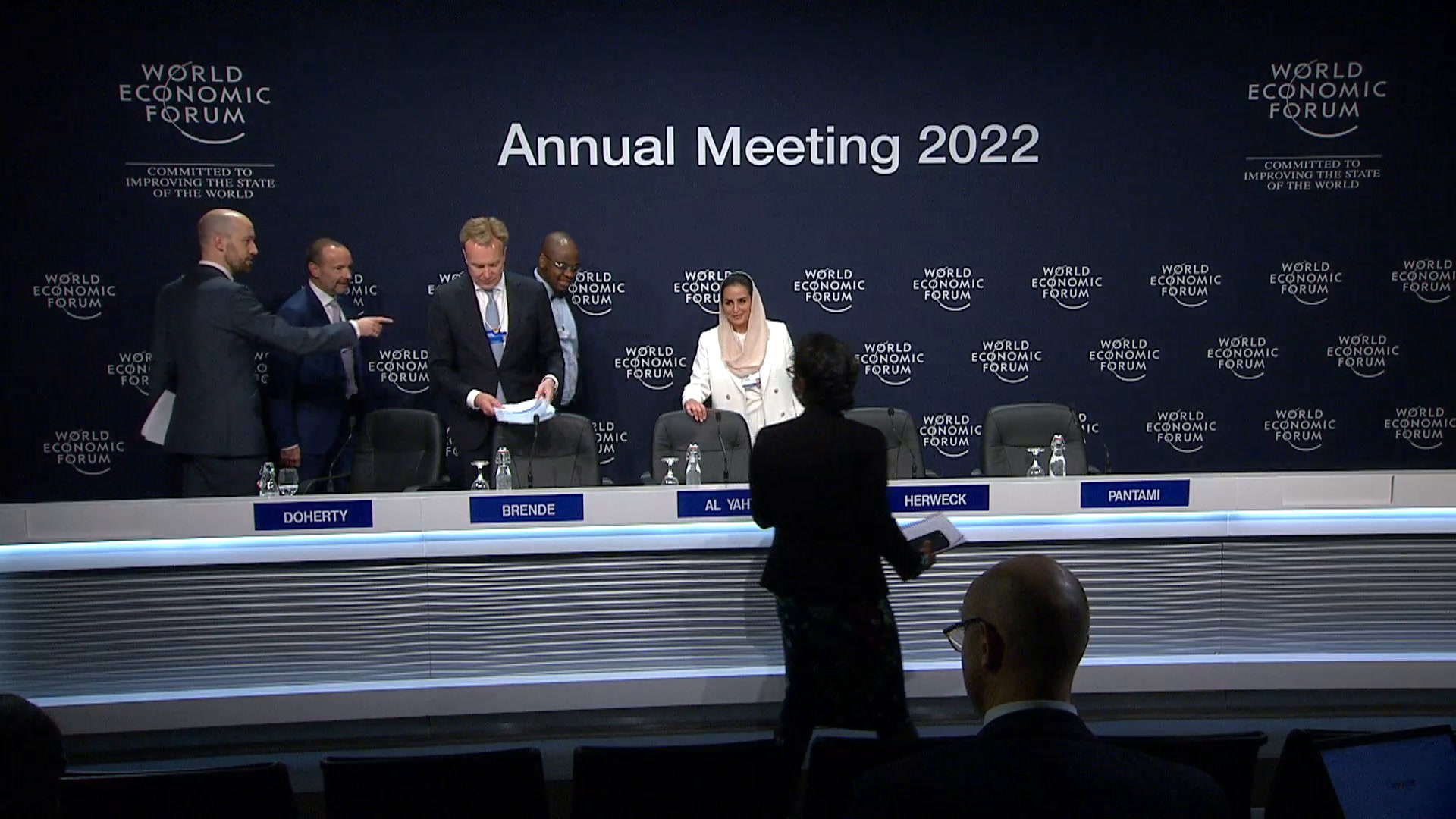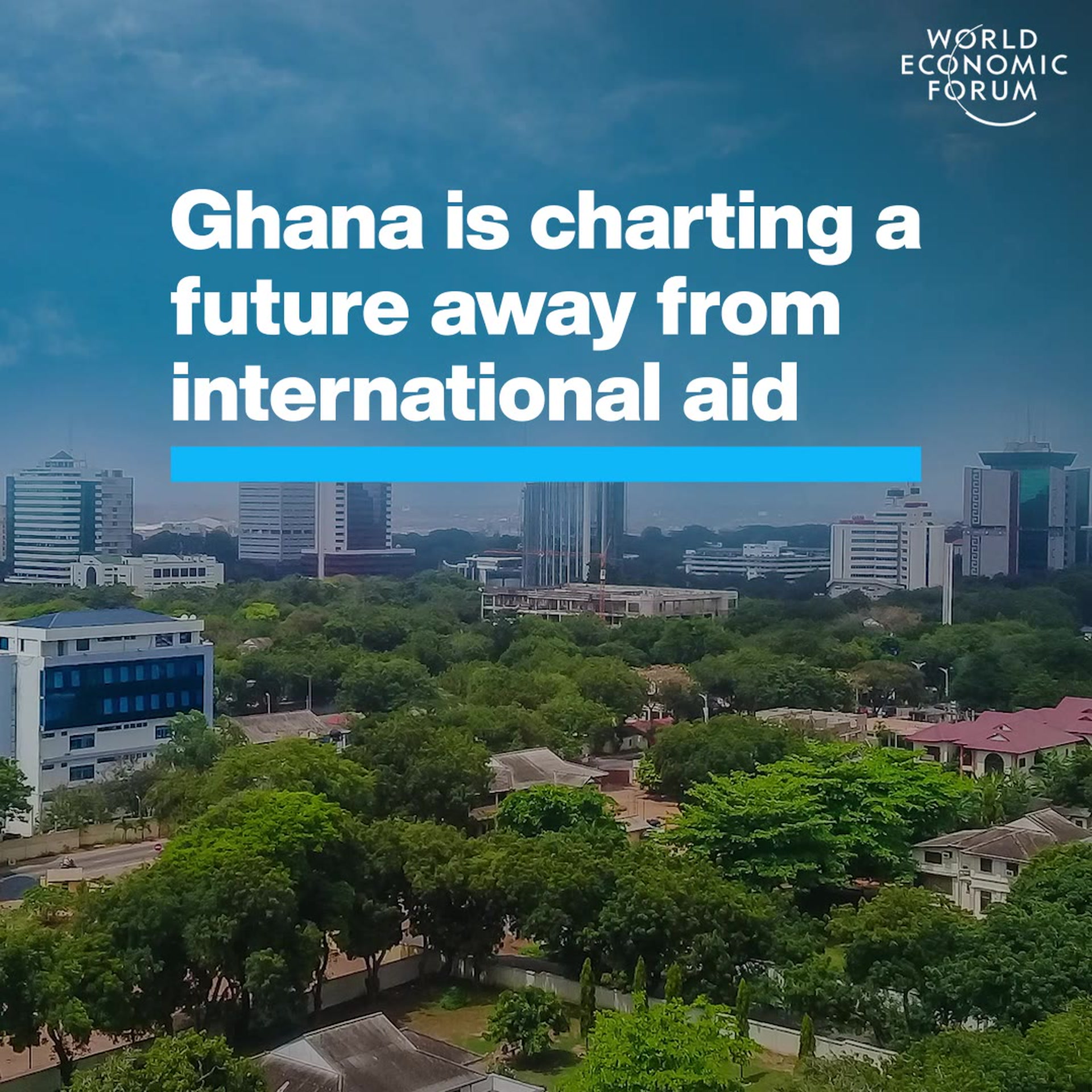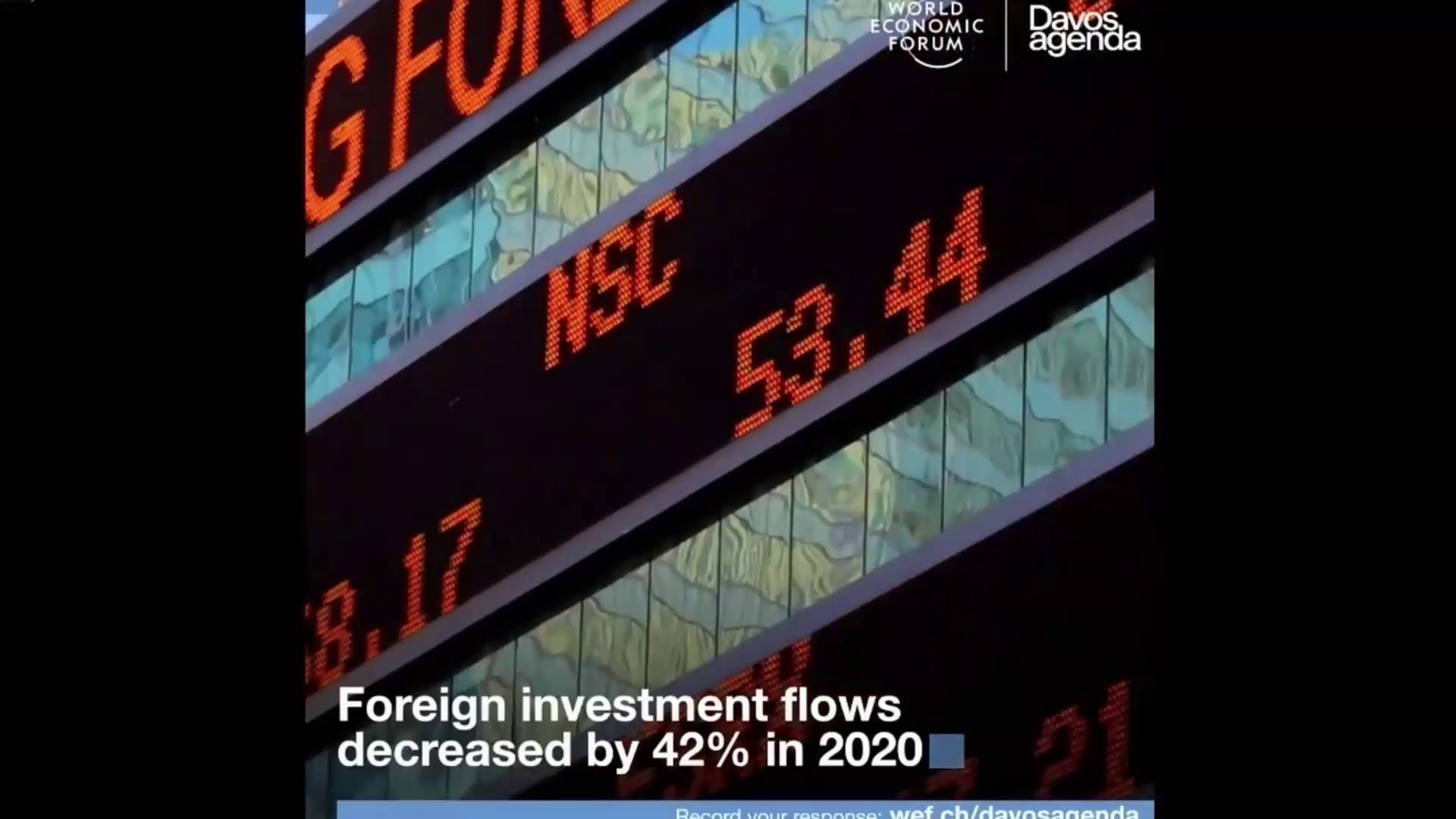
Sustainable Investment Pathways: Playbook
The Sustainable Investment Pathways (SIP) playbook has been produced by the Sustainable Development Investment Partnership (SDIP). It serves as a guide for replicating and expanding the S...

The evidence shows that foreign direct investment (FDI) can generate not only capital and revenue, but also jobs, knowledge, technology, competitiveness, innovation, upgrading and especially inclusive, sustainable and responsible growth.
Yet none of this is automatic. It depends on creating the right business environment and regulatory frameworks, underpinned by international agreements, national policies, domestic procedures and specific measures. In addition, in recent times geo-economic competition and technological change pose new and growing challenges to these benefits.
The Global Investment Policy and Practice Initiative brings together business and government to address these challenges and unlock the potential of investment, informed by experts, experience and evidence. This is achieved by reforming existing rules, creating new international frameworks, identifying supportive policies and measures, and implementing these in practice through in-country projects.
Projects are under way in Oman, Pakistan and Rwanda, and have been completed in Azerbaijan, Brazil, Cambodia, Ghana, India, Kenya, Namibia, and Papua New Guinea.
There are 4 sub-groups:
1. Investment facilitation: What are the most important investment facilitation measures to include in international frameworks, including a WTO Agreement on Investment Facilitation for Development, and how can this agreement improve investment climates? Estimates by the German Institute of Development and Sustainability place the potential global welfare gains at over $1 trillion.
2. Sustainable investment and Climate FDI: What are the most important policies and measures to advance the sustainable development impact of investment flows? How can FDI help achieve climate goals?
3. Digital FDI: What are the policy and regulatory enablers to attract FDI to grow the digital economy, whether growing new digital activities, encouraging digital transformation or providing digital infrastructure?
4. Outward FDI: How can policymakers work with firms to identify policies and measures that support outward investment while maximizing benefits for both home and host economies?
A World Investment for Development Alliance (WIDA) was launched in Davos as a mechanism to grow cooperation and collaboration.
The Sustainable Investment Pathways (SIP) playbook has been produced by the Sustainable Development Investment Partnership (SDIP). It serves as a guide for replicating and expanding the S...
The project was a true co-creation of local and international multi-stakeholders. The report showcases our methodology, the progress made and next steps in the development of the Electron...
FDI brings not only capital but also knowledge and technology. Attracting digital FDI can help economies and companies boost digital capabilities, but reflecting the fact that this is a n...
The report identifies six systemic risks and establishes a governance framework to enable the investment community to address risks related to water security, climate change, population g...
This briefing paper by the Global Future Council on International Trade and Investment explains the new forces shaping international investment. It outlines three possible future scenario...
Geopolitical shocks, globalization, climate action and emerging technology were some of the themes dominating trade and investment discussions at Davos 2023.
Representatives from 113 economies have finalized a new agreement on sustainable Investment Facilitation for Development at the World Trade Organization.
A new initiative will identify challenges and solutions to growing digital FDI: cross-border investment in the digital economy.
Ahead of the World Cup final, here are seven reasons why foreign direct investment can look to the footballing world for inspiration on achieving success.
In the World Investment for Development Alliance, organizations from the investment for development community will work to grow sustainable investment.
New WTO agreement promises to remove unnecessary trade barriers and improve the market for trade in services which accounts for two-thirds of global GDP.
Investment promotion must change to target sustainable development. Turkey is implementing this approach by making the SDGs central to its FDI strategy.
The WTO is currently negotiating an international framework to make it easier to invest in development. Here are five provisions they should consider.
Foreign direct investment in the digital economy can help bring technology, know-how, jobs and growth to developing countries recovering from coronavirus.
Discussions are taking place at the World Trade Organization (WTO) on how economies can facilitate investment for development.


















